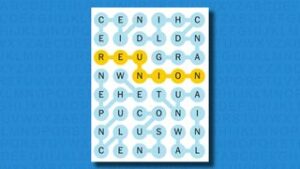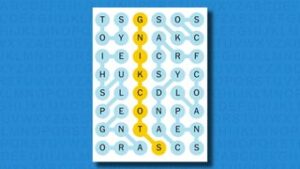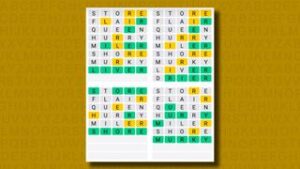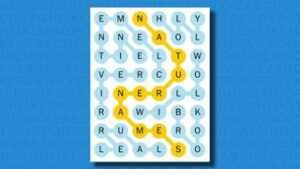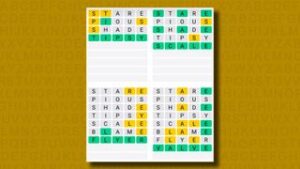
The Wikimedia Foundation has issued a statement supporting Russian Wikipedia volunteers after a censorship demand from internet regulators. On Tuesday, tech and communications regulator Roskomnadzor threatened to block Wikipedia over the Russian-language page covering Russia’s invasion of Ukraine, claiming it contained “false messages” about war casualties and the effects of economic sanctions, among other things.
“On March 1st 2022 the Wikimedia Foundation received a Russian government demand to remove content related to the unprovoked invasion of Ukraine posted by volunteer contributors to Russian Wikipedia,” reads the statement sent to The Verge via email. “As ever, Wikipedia is an important source of reliable, factual information in this crisis. In recognition of this important role, we will not back down in the face of efforts to censor and intimidate members of our movement. We stand by our mission to deliver free knowledge to the world.”
The Roskomnadzor demand, which was posted in Russian Wikipedia’s Telegram channel, demands Wikimedia address user edits from a February 27th version of the article. As translated by Wikimedia Russia, it takes issue with “information about numerous casualties among the military personnel of the Russian Federation, as well as the civilian population of Ukraine, including number of children,” as well as “the need to withdraw funds from accounts in banks of the Russian Federation in connection with the sanctions imposed by foreign states.” (While the war’s casualties remain difficult to estimate, the United Nations has confirmed hundreds of civilian deaths in Ukraine since the conflict began last week, including at least 13 children, and acknowledged that its numbers likely underestimate the real death toll.)
Wikimedia Russia called the claims “fundamentally impossible” to evaluate and urged the government not to block access to the article — which would effectively require blocking access to all of Wikipedia. It also noted that the page is constantly changing thanks to the work of its numerous editors. “All these people have very different views on what is happening, and they are all very careful to ensure that someone does not insert false information or misleading wording into the article,” the group wrote.
As Input notes, Russian authorities have sent a number of complaints about Wikipedia pages in the past. The government outright blocked the site in 2015 over a cannabis-related article, but the blackout was short-lived. However, the current threat is part of a larger online crackdown around the invasion — one that’s seen Russia block Twitter and Facebook in an effort to control the narrative around the war. “Tuesday’s takedown request threatened censorship. Denying people access to reliable information, at a time of crisis, can have life-altering consequences,” warned the Wikimedia statement.


